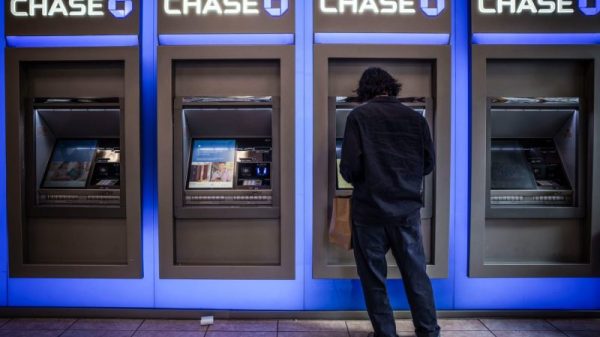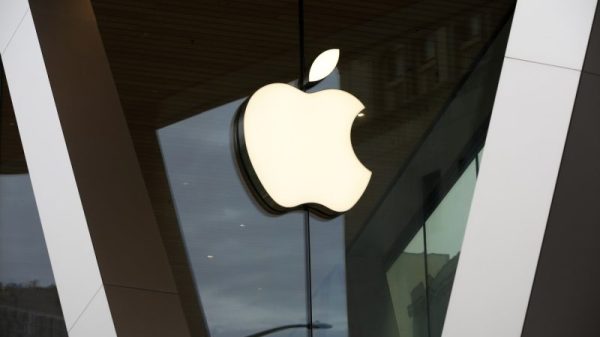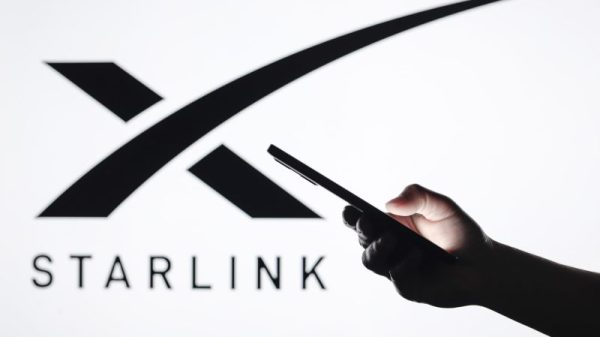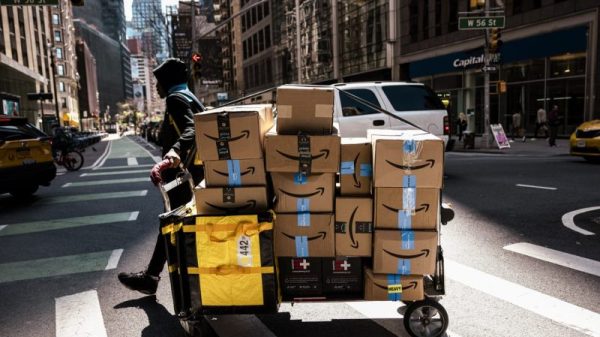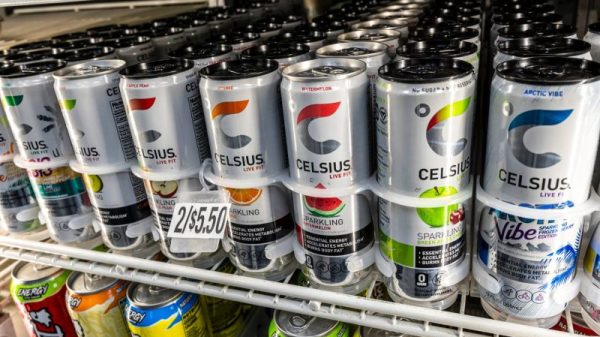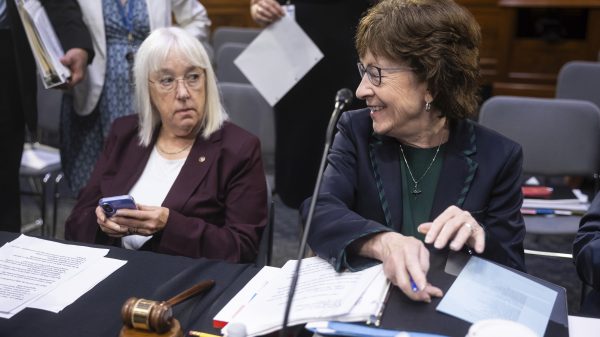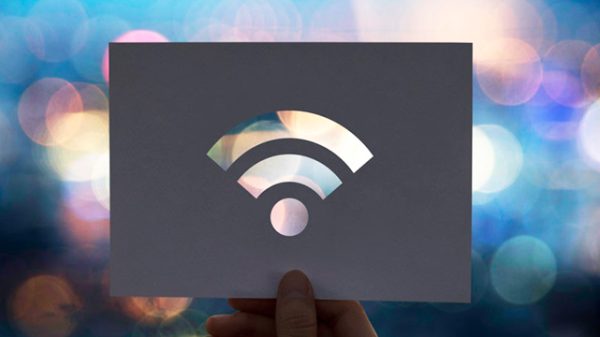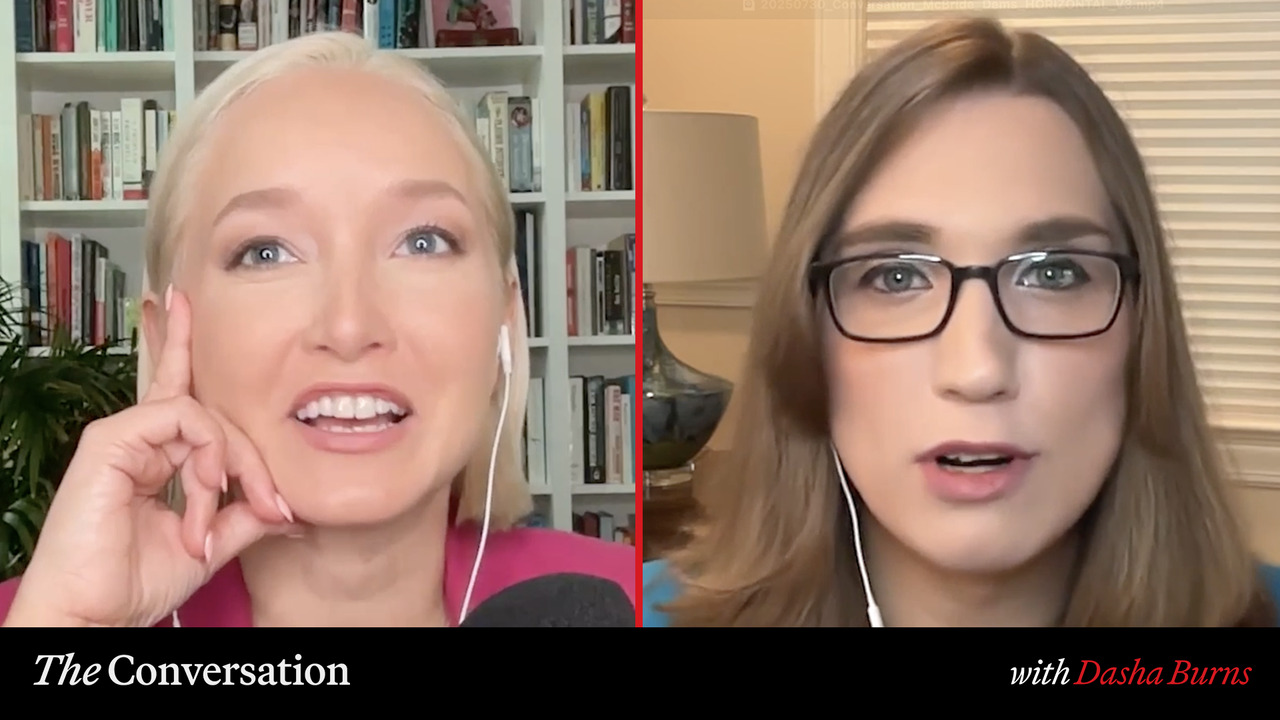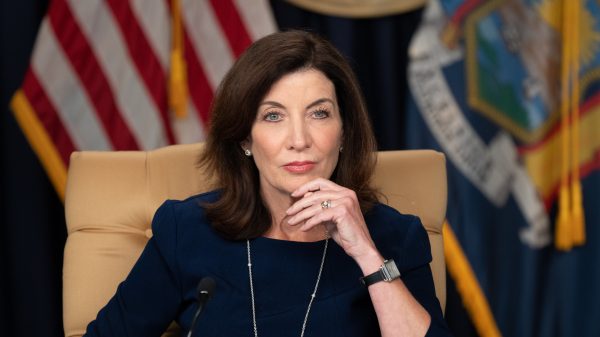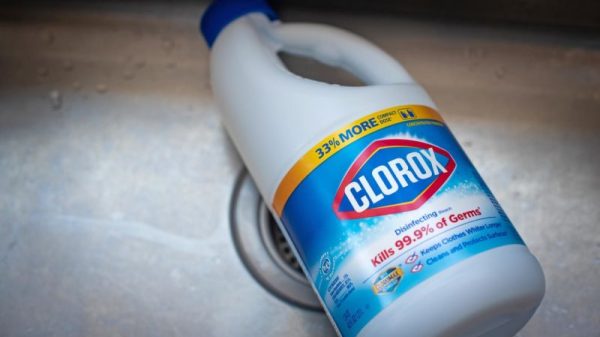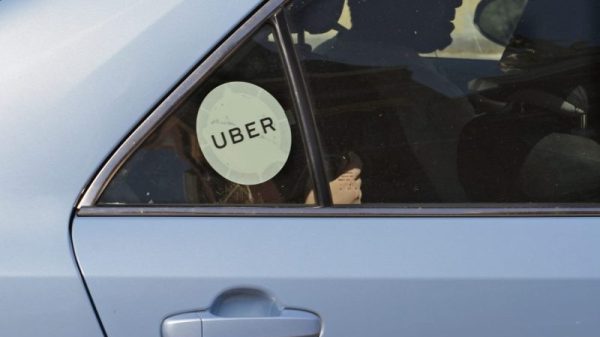Rep. Sarah McBride believes Democrats need to become more likable to recover from their record-low approval among voters.
“I think voters feel like Democrats have sort of been assholes to them,” McBride said.
The first-term representative from Delaware told POLITICO’s Dasha Burns in an episode of “The Conversation” that she believes the Democratic Party’s brand problem can be traced to voters feeling as if the party doesn’t respect them.
“I do think that a voter asks two questions when they’re considering who to vote for. The first question is, does this candidate, does this party like me? And by extension, do they respect me?”
“If you can’t answer that first question to a voter’s satisfaction, they won’t even get to the second question, which is, what does this party think? What does this candidate think? And I think we lost that first question,” she said.
Democrats around the country have been trying to figure out how to regain support from voters after Republicans won control of the White House and both chambers of Congress last year. Democratic leaders have conceded the party has a brand problem, but intraparty debates on party strategy have yet to produce a clear path forward.
A Wall Street Journal poll released last week found that 63 percent of voters view the Democratic Party unfavorably — the highest level of unfavorability for the party in a Journal poll since 1990.
McBride said she believes the party’s brand going forward should focus on working-class people and protecting democracy and stressed again that a core tenant of the party’s brand should be “we’re not going to be assholes to voters.”
“I do think that we have to basically create a tent that is united on three fundamental principles,” she said in the interview, which was taped Wednesday. “One is working people need more support and help. Two, democracy and freedom are good. And three, we’re not going to be assholes to voters.”
McBride suggested that voters may be forming negative opinions of the party based on online discourse, rather than from party leaders, and that “the loudest voices online” may be pushing voters away who might otherwise vote for Democrats.
“The reality in today’s environment is that your party ecosystem is defined not just by politicians or the party, but also some of the loudest voices online that in voters’ minds reflect and represent that broader coalition,” she said.
“When we have an environment where we’ve got some very loud people who are shaming and calling people who disagree with them — even in rhetoric — bigots, when we have those folks saying that to a wide swath of voters, including voters we could win, and we aren’t explicitly stating something to the contrary, then a voter will then just paint us all with one broad brush,” she added.
The full interview with McBride is available on Sunday’s episode of “The Conversation.”


